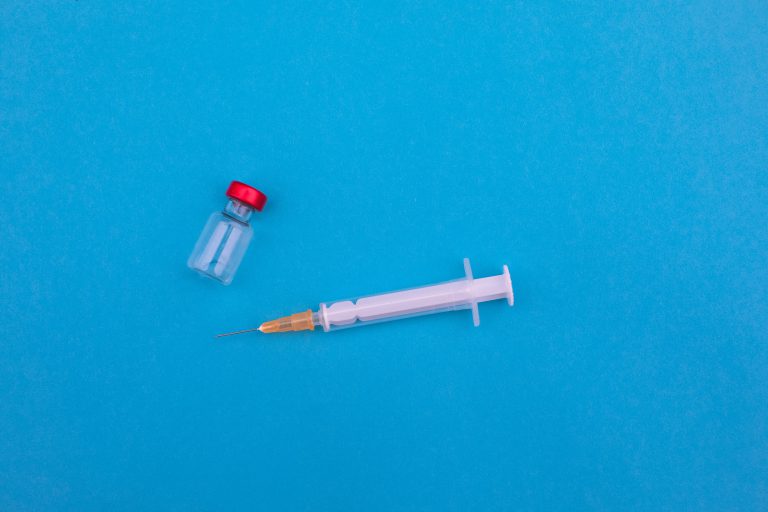In the past few months since the COVID-19 virus surfaced, medical experts have been conducting various research in attempts to fight the disease. Some patients are asymptomatic, making it more difficult to devise a strategic plan in overcoming the virus.
According to researchers, Persons Under Investigation (PUIs) have mild symptoms that can quickly develop into a life-threatening condition, which is why they need to be in the list of priorities as the situation progresses.
Dr. Dana Hawkinson, the medical director of infection prevention and control at The University of Kansas Health System, told Healthline that COVID-19 “can cause mild symptoms in someone, and then they recover in a couple of days or a week and do well after that.” He adds that after this brief period of recovery, the patient will start to experience severe symptoms and fall “seriously ill.”
What are these symptoms?
According to the Centers for Disease Control and Prevention (CDC), patients who caught the virus will show the following symptoms after an incubation period up to 14 days:
- Fever
- Mild cough
- Chills
- Headache
- Sore throat
- Breathing difficulties
- Muscle pain
- Absence of the sense of taste or smell
Typically, these symptoms appear, but patients tend to take them lightly, which is why those who show such signs are placed under monitoring and investigation. Because there are currently no clear methods of identifying whether or not a patient’s symptoms will turn severe, medical practitioners will have to rely on close monitoring until further discovery. However, Hawkinson adds that “there are common risk factors” that may contribute to how this shift can happen.
According to him, while the disease can affect anyone, factors like age, diabetes, hypertension, lung disease, and immunosuppression amplifies the risk of severity.
How are these symptoms treated?
With the lack of medication to halt this quick alteration, doctors say that there are procedures that can be taken to try and relieve them, particularly for people who are in self-isolation.
Dr. William Schaffner, an infectious disease expert at Vanderbilt University in Tennessee, explained to Healthline that drinking water and “good hydration is the single most important thing” to help patients feel better. He also adds that those with fever can take medication to improve their condition.
Schaffner warned those who are sick to stay away from people to prevent the spread of the virus, in case they are among the infected. He also said that “whenever anyone has influenza or any respiratory infection,” they must avoid consumption of alcoholic and caffeinated beverages as these products can assist in dehydration.
The CDC also reminded those who are under home quarantine to seek medical attention as soon as symptoms appear. In addition, a patient who experiences symptoms including, but not limited to, difficulty in breathing, chest pain, and bluish lips or face, must immediately report to health experts to prevent an increase in severity.
Lastly, doctors advise friends and family to regularly check in with patients that are confirmed to have the virus to respond quickly if their condition worsens.
Visit our website for more news and updated information regarding COVID-19.



















